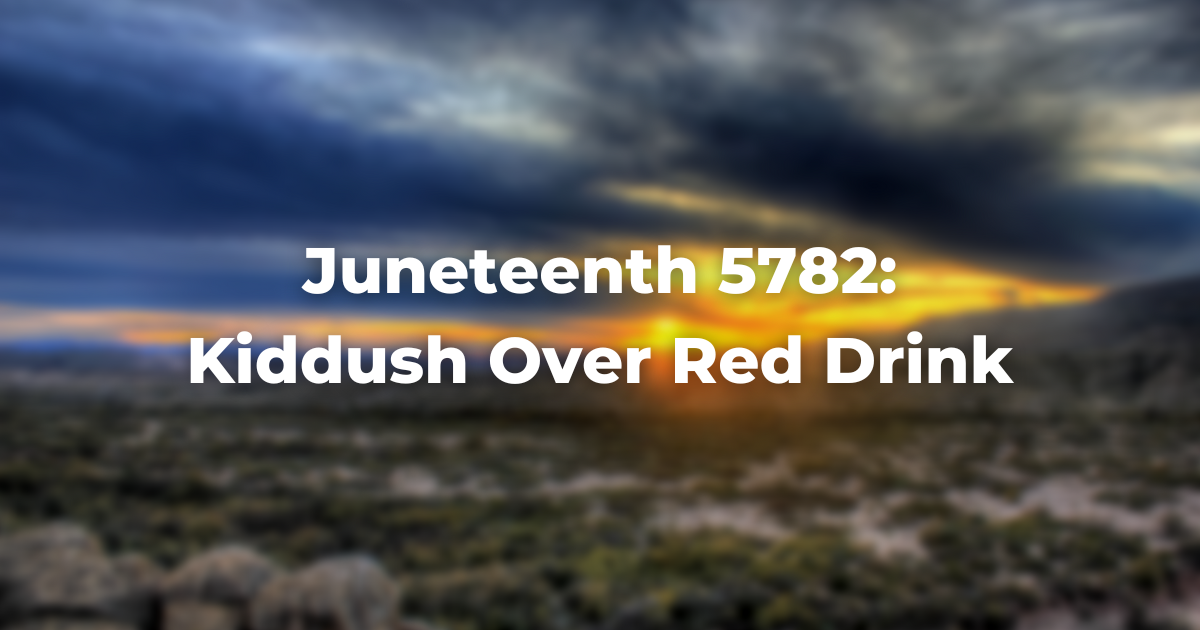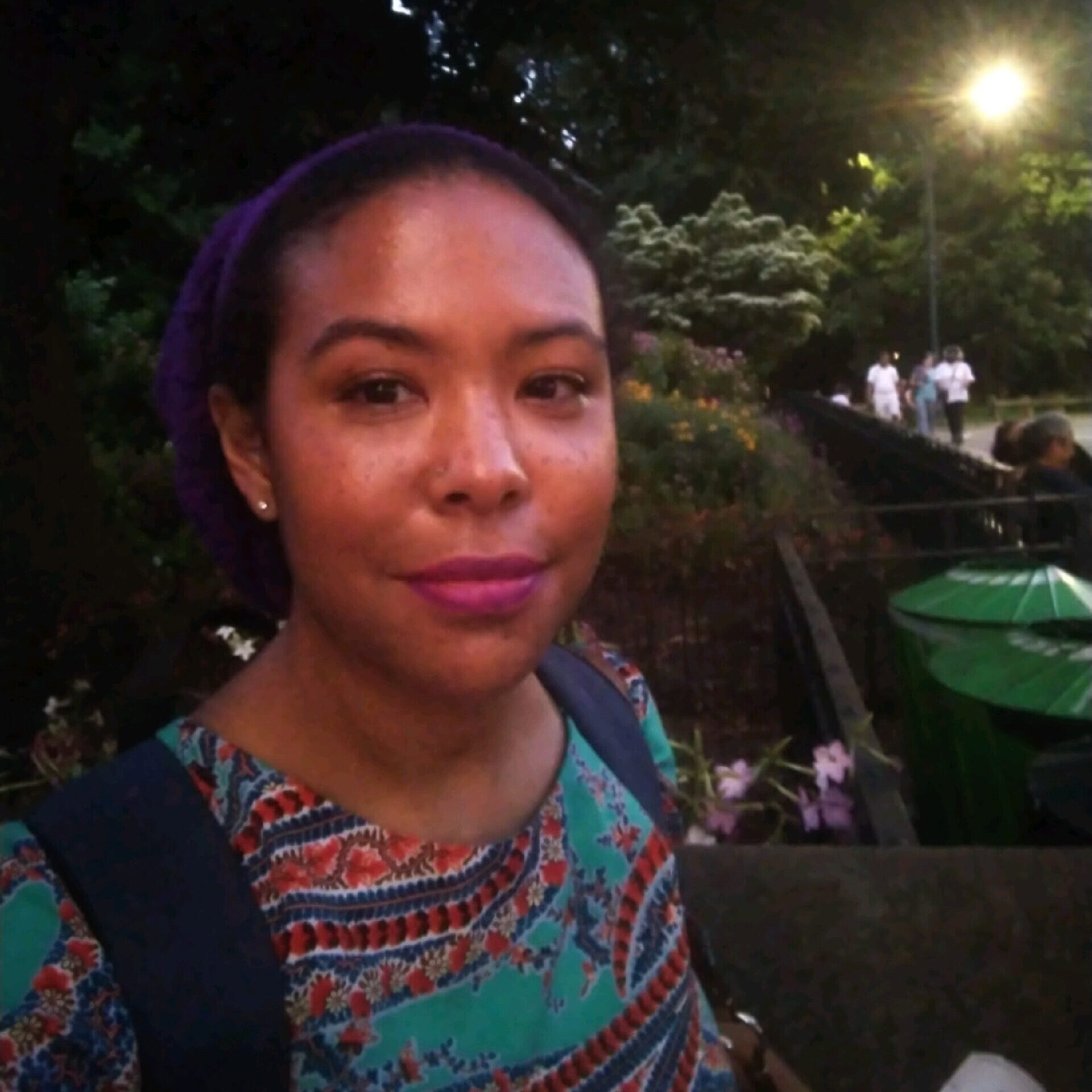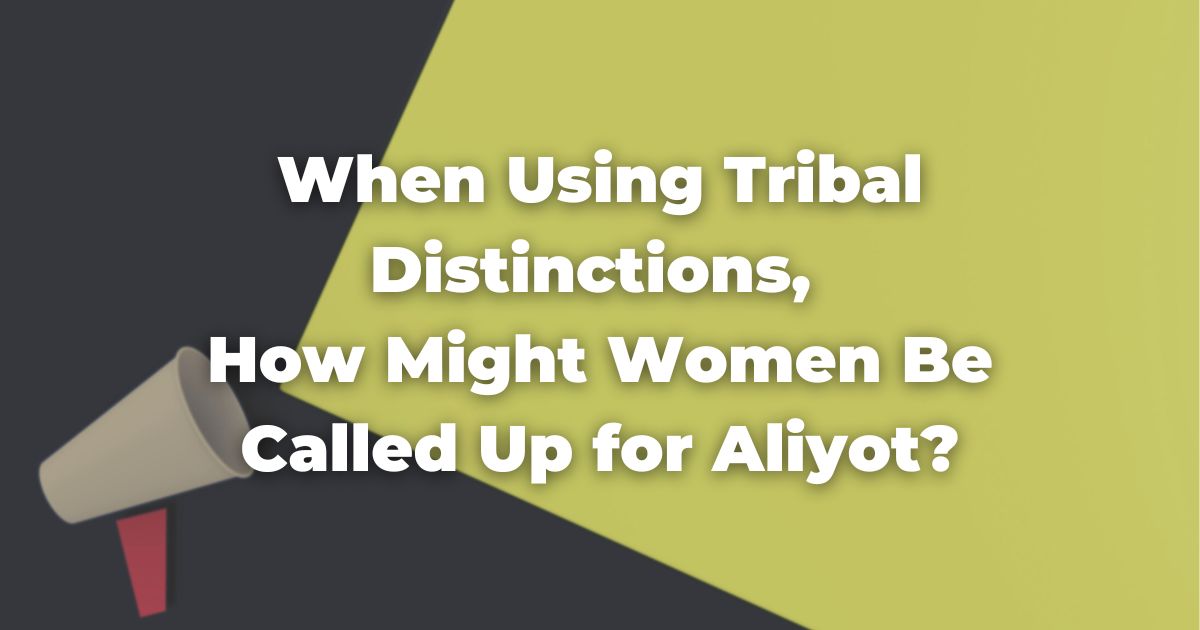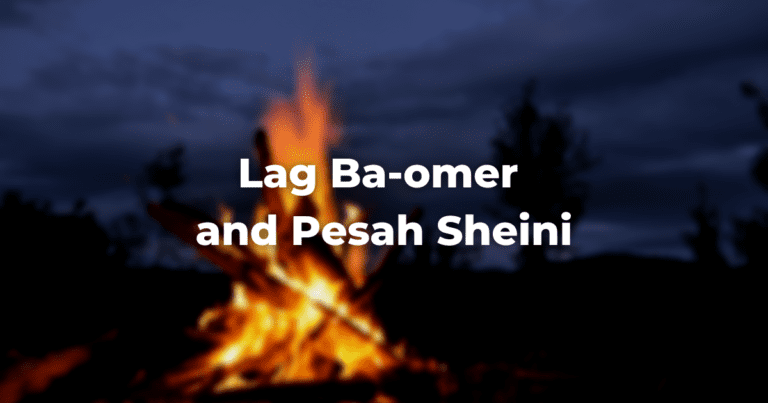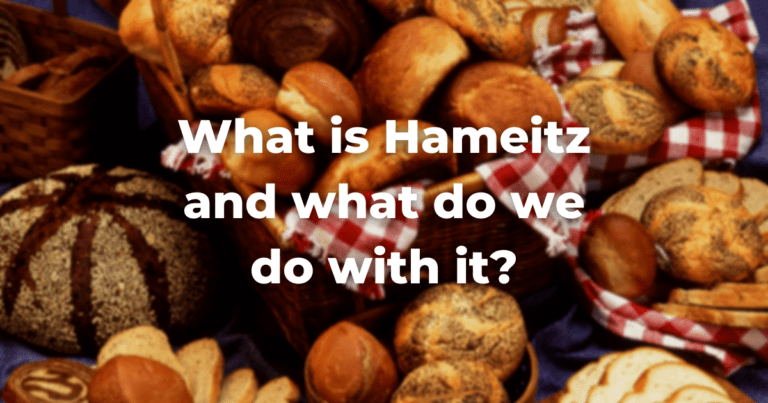Juneteenth.
My high school Social Studies teacher at my mostly white upper-middle-class public high school–students who were white but not WASP, majority Jewish or Irish/Italian Catholic,–taught his students from the Macmillan/McGraw Hill textbooks, like so many of America’s public school teachers.
But luckily for us, he genuinely believed that the purpose of studying history was to do our best not to repeat it—his internal charge was to raise up students who would know what not to repeat. We went through the chapters and the three-sentence paragraphs of deprecated history received half of a class period rather than being glossed over.
June 19, 1865; a date I didn’t need to know for NYS Regents, but was on my Social Studies Unit test.
Juneteenth.
Freshman year of college, fresh-faced, minoring in African and African Diaspora Studies at, again, a predominantly White institution surrounded, again, by White folks who were not WASPs. My Jesuit Catholic university was founded for Irish Catholics to attend college when the other colleges and universities in the area rejected them.
I think it was my second semester before Juneteenth came up again.
I wondered if I should celebrate but thought about the fact that I’m a northeasterner, and none of my people are from Texas. If I were to celebrate an emancipation holiday, it would probably be April 3, not June 19, because my people are from Virginia. But I don’t know far enough back to anyone, slave or free, in 1865 to confirm that that’s my date.
But then again, it’s in April, and I already have so much going on navigating between Easter and Passover. I thought it would be simpler now that I was out of my interreligious household with my Ashkenazi Jewish mom and Southern Black & Catholic dad, but it wasn’t simpler. I was really involved in my Hillel at a Jesuit Catholic university.
People repeat patterns. This is why history repeats itself.
Juneteenth.
It’s my mother-in-law’s birthday, and her eldest son has talked since before our chuppah about having his family participate in celebrating with a Seder. Red velvet birthday cake, of course. We think about it, but we never actually fully execute. Life is busy.
This year, his daughter’s drinking Strawberry Soda all week.
Juneteenth.
I’m an Interracial Dialogue Facilitator and a Racial Identity Development speaker and specialist.
It’s been a while since my undergrad days. The year is 2021, the world is navigating COVID, there has been a spate of anti-Black violence. The performance of recognizing the national significance of this particular day, which has been celebrated mostly locally in Texas and in small gatherings by dispersed Texans, is supposed to help solve problems.
It’s been 156 years since the first Juneteenth, 155 since free Black Americans celebrated it for the first time. It’s a little late, but it’s something, and now we have a paid day off from work for our barbeques.
Juneteenth.
USCJ has hired a Racial Justice Specialist—me! I’m right at home.
My job lets me be all of me, all the time, and help others engage in interracial dialogue within our own communities, across the world. My job lets American coreligionists who have skin and eyes and hair texture, who tell stories like mine, stories of Jewish Americans born with non-European heritage, know that there are ears willing and able to hear our voices. Maybe, eventually, we’ll be heard without saying a word at all.
I’m Black, so I should do Juneteenth. It’s like college all over again; I’m Jewish, so I should know everything we’re talking about in our Religions of the World courses.
Juneteenth is my Black story in that I’m Black American, and it’s an American story. But it’s not my personal one.
I verbalize that thought, and it’s received by open minds. I’m relieved. I have the tools to build a platform and uplift voices who do have the story and history and practice and rituals. To share the words of those who have thoughtfully engaged in what it would mean to have a Seder. To celebrate the final moment, when legally, Black Americans all could walk out of their plantations and, while perhaps not to a promised land, to an opportunity to worship as we chose, when we chose, not limited by a taskmaster.
And so we talked and created a Conservative Jewish Haggadah for Juneteenth 5782. And we hope we’ve answered questions, and we’re glad that on June 19 and June 20, 2022, we’ll rest and know that there existed a space that was For Us By Us, to celebrate Juneteenth, Black and Jewish style.
This day, this year, we’re free.
Download the Juneteenth: A Day of Freedom Haggadah and Seder 2022 below:
See additional materials and panel discussion on Juneteenth 2022:
Author
-

Gulienne Rollins-Rishon is a biracial Ashkenazi and Black American speaker, facilitator, and writer. As the granddaughter of German Holocaust survivors and Southern Black Americans, Gulienne uses her own identity to encourage others to explore their relationship with race, religion, and culture. She is the Racial Justice Specialist at USCJ, Social Justice Project manager at Rabbinical Assembly, and founder of HypheNation, a consulting firm for empowering people of all backgrounds to enter into racial dialogue with confidence and grace. Gulienne is a lifelong New Yorker who spent 6 years in Boston and is currently growing roots in Philadelphia. (Email: grollins@uscj.org)
